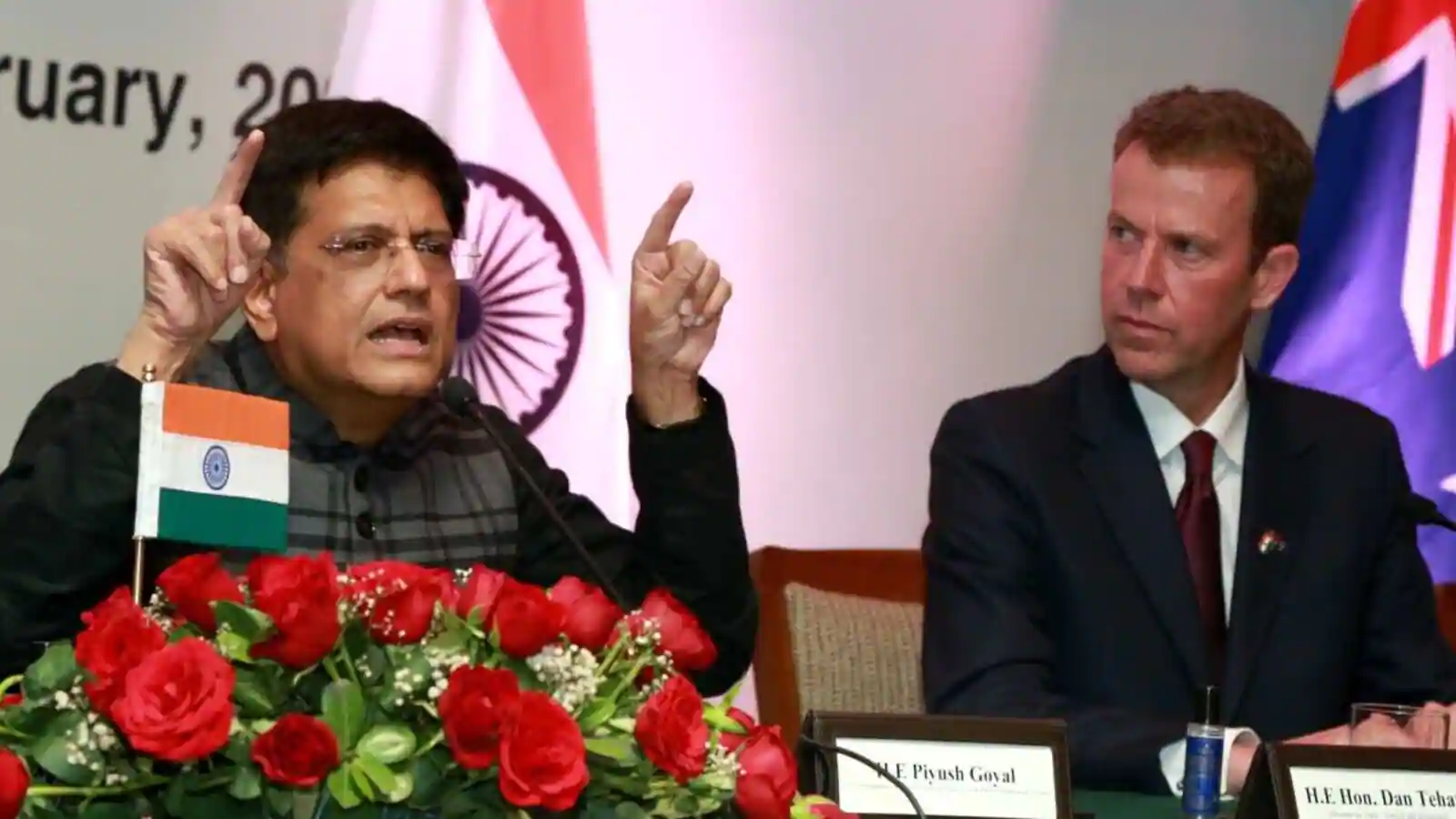



Article by: Hari Yellina
The grains sector is warning that if the details of the interim free trade agreement (FTA) with India signed over the weekend are implemented permanently, chances would be lost. While the Grain Growers chairman Brett Hosking was happy with a number of little victories within the FTA, he said the agreement was ‘a bit frustrating’ for the Australian grains sector overall. He stated he would have hoped to see more in terms of pulse trade reform in particular. Mr Hosking stated, “The technicalities of the interim contract are a little disheartening considering the great potential for exports, notably our chickpeas into this market.”
“We understand that India has 180 million farmers, and the Indian government wants to help them. However, Indian agriculture, like Australian agriculture, is highly dependent on the weather, and there will be years when they need to import product, and we want our chickpea producers to have the best possible chance to supply them.” Mr Hosking expressed optimism that trade officials from both nations could reach an agreement in the grains sector that would benefit both parties. “Because Australia is counterseasonal to India, we believe there may be some really good opportunities for both countries in years when Indian production is low and they need to import grain.”
According to him, the temporary agreement provided chances in some grain sectors, including lentils, faba beans, and canola oil. “The import duty on lentils has been reduced; at the moment, this isn’t a big deal because we’re already at zero tariffs, but if tariffs are introduced across exporting nations, it will give us a competitive advantage over other exporters.” “The issue is that nations like Canada, our main competitor in the lentil export market, are also negotiating FTAs and will seek to include a similar structure in their own agreement.” Grain Producers Australia chairman Barry Large praised Australian authorities’ efforts to reach an agreement and expressed hope for more progress in negotiations, particularly on the chickpea front.
Grain Growers nominated wheat as another commodity where they would want to see more progress, alongside chickpeas. This season, India will be a significant wheat exporter, but in subsequent years with less favourable weather, it will be able to import large quantities of the main grain. There was also no news on barley, which had previously been touted as a big development prospect for Australian malt barley growers due to India’s booming beer market. Mr Hosking stated that much of the work on market access was done separately from the trade agreement. “There are a number of non-tariff measures we need to work through there, such as acceptable grain storage treatments and weed seeds.” At present India wants zero tolerance of wild radish seed in barley exports which is very difficult to promise. It shows that while trade deals are important there is other work that has to happen to allow trade to operate and operate smoothly.